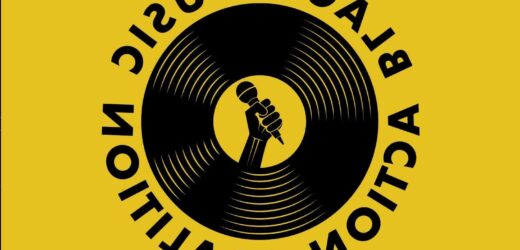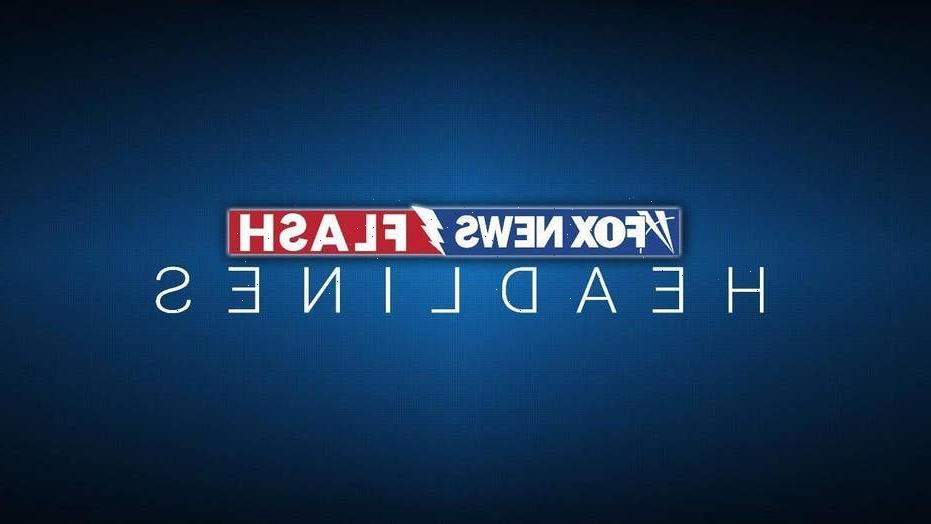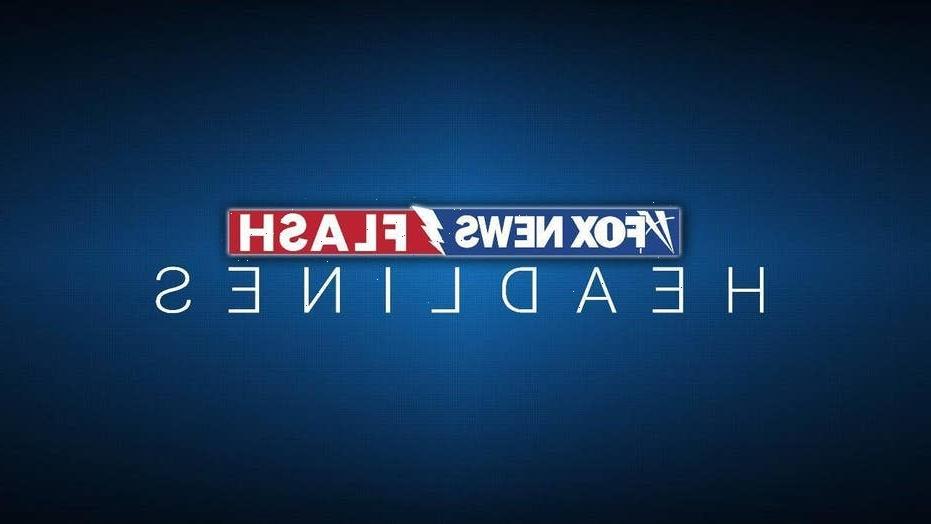A year ago — in the wake of George Floyd’s murder and a contentious reexamination of race in America — an array of artists, songwriters, managers, producers, lawyers, and other music executives came together to form the Black Music Action Coalition (BMAC), a nonprofit group dedicated to holding the slow-to-change music business accountable for its theatrical diversity pledges. This weekend, BMAC completed a full-scale, 37-page study on how well all those music companies have kept their promises in the last 12 months.
Spoiler alert: Not very well, on the whole.
The wryly named “MIA Report Card,” short for “Music Industry Action Report Card,” grades dozens of organizations, from the Recording Academy to Spotify and Apple Music to Live Nation and AEG to record labels, on how thoroughly they have followed through on their June 2020 vows to elevate black employees, financially commit to racial justice initiatives, and/or take other steps to rectify decades-long legacies of racism in boardrooms while profiting off of black artists. The authors of the report — all of whom hold or have held positions in the music industry themselves — found that, over the last 30 years, the business has been undergoing “cycles of progress and regression” when it comes to racial diversity, spurred into action by moments like Blackout Tuesday only to relapse into a default homogeneity. (Vice also reported last month that the three major labels, Warner, Sony, and Universal, have paid out just a small portion of the millions they vowed to donate to advocacy last year.)
“Music companies readily chimed in with shows of support and solidarity,” the coalition’s co-founders wrote of the flurry of activist excitement sparked by Blackout Tuesday. “Unfortunately, history suggested any change would be either superficial or short-lived.” The group presented initial findings of the MIA report on Friday at the National Museum of African American Music’s State of Black Music Summit, on the eve of Juneteenth, and plans to spread its research widely across the global music business: Its 2021 report notes that it will continue expanding the scope of the study, annually, until the report card is “acknowledged and respected as a standard and official tool of accountability.”
In June 2020, BMAC had already secured the support of some 200 mainstream artists, including Billie Eilish, Lil Nas X, Miley Cyrus, Travis Scott, Cardi B, Harry Styles, and Lady Gaga, as well as board advisors like Clarence Avant and Irving Azoff.
“Our hope is that the MIA Report Card, especially coming on the heels of the Annenberg Study, will spur more conversations and efforts towards, in some cases, disruptive change,” Naima Cochrane, the lead author of the report, wrote. “We’re applying pressure, and we challenge more companies to take that next step towards honest and transparent dialogue moving forward.”
BMAC’s full report is below.
Source: Read Full Article


